In today’s fast growing solar industry, managing multiple projects, tracking progress, and customer satisfaction is important to stay in a competitive market. This is where a custom CRM solutions can make the difference. The right solar CRM software helps to simplify operations, improve communication, and deliver better customer experiences. This blog will explore how solar companies can use CRM to manage their projects properly & offers tips on selecting the best CRM for solar business.
Why CRM is Crucial for Solar Businesses
For solar companies, it is important to manage customer relationships and projects for long-term success. Well-designed CRM systems lets you keep track of your customers, automate workflows, and make sure nothing falls through the cracks. From lead generation to project completion, it helps organize every step of the process.

Key Features of Solar CRM Software
A custom CRM designed specifically for solar businesses comes with a range of features that can be tailored to your needs. These can include:
Project Management
A solar project typically involves many stages from site assessments, permits, installations to maintenance. For which CRM can manage timelines, assign tasks, and track each project's progress from start to finish.
Customer Management
Managing customer relationships is important in any business. A good CRM software for small business makes sures you have all your customer data in one place which helps you respond to queries faster and improve communication.
Automation
The best CRM systems automate many repetitive tasks like sending follow-up emails or reminders which allows your team to focus on more important tasks.
Data Analytics
A CRM solution can generate reports and offer insights into project performance to let you make better business decisions.
Benefits of CRM Software for Solar Businesses
Getting the best CRM software for your solar company can have many benefits. Here are some key benefits given below:
1 Better Customer Satisfaction
CRM can give you benefits of customer relationship management. As it has the ability to track and manage all customer interactions. This makes sure that every client receives timely updates and feels heard through the process.
1 Improved Project Tracking
Solar projects can be complex, but with a CRM you can track everything in real-time, from project stages to timelines which improves efficiency and reduces delays.
1 Simplified Communication
With a custom CRM solution, internal and external communication becomes more simple. Your team can easily share project updates, and clients can receive real-time notifications.
1 Better Team Collaboration
A management CRM can collaborate and let every team member work together more efficiently. Tasks are assigned clearly, and every team member has access to the same information.
Selecting a Solar CRM Software Provider
When choosing a Solar CRM Software Provider, it's necessary to consider your business's specific needs. Solar companies have unique requirements, so selecting a solar CRM that meets your goals is a must.
Consider the following points when you are selecting the crm systems australia for your business:
Customizability
Look for a custom CRM solution which can be tailored to your business needs. Every solar company operates differently, so a one-size-fits-all solution might not be helpfull.
Scalability
As your business grows, your CRM should grow with you. You need to make sure that the CRM you choose can easily handle large amounts of data and project demands over time.
Ease of Use
A user-friendly interface is necessary to let your team adopt the CRM. If it's too complicated to use, it can lead to poor usage and missed opportunities for your business.
Integration Capabilities
Make sure the CRM can integrate with other tools and software your company is already using, such as accounting software, project management tools, and communication platforms.
Support and Training
Choose a software provider that offers training and ongoing support. The transition to using a new system can be tough, so it is helpful to have a provider who can guide you through the process.
Best Practices for Using CRM to Manage Solar Projects
Now that you understand thebenefits of CRM software, let's look at some best practices for managing solar projects:
Set Clear Project Milestones
Use your CRM to set project milestones and deadlines. This helps to keep your project on track and make sure that every team member clearly knows their responsibilities.
Centralized Customer Data
Store all customer data from contact details, project notes to communication history in one centralized CRM customer management. This will make sure that everyone has the information they need to provide excellent customer service.
Automate Task Assignments
Automate task assignments using your CRM to ensure that every task, from installation to follow-up calls, is accounted for and completed on time.
Track Project Progress in Real-Time
Solar projects many time face delays due to weather or supply chain issues. So you can use your CRM project management tools to track real-time progress and adjust timelines as needed.
Maintain Open Communication
Use the CRM to communicate with your customers. Sending regular updates helps build trust and keeps everyone informed.
Final Thoughts: The Future of Solar CRM Software in Australia:
As the solar industry continues to expand, the demand for project management will only increase. CRM software is becoming a necessary tool for solar companies looking to manage projects while maintaining customer satisfaction. Whether you’re running a large solar installation company or a small business, investing in CRM can help you stay organized.
Choosing the right CRM systems Australia for your business can make a visible difference. By selecting a provider that understands your industry and follows the best practices can help you drive growth in your solar business.
